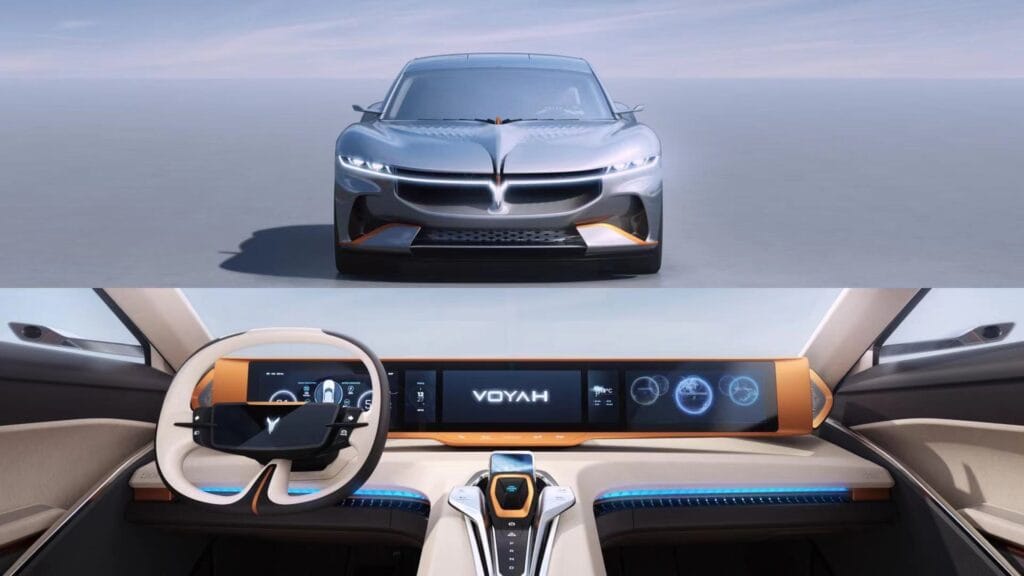The U.S. government has taken significant steps to limit foreign influence in its electric vehicle (EV) market. With growing concerns over cybersecurity and data privacy, a new proposal suggests banning the import and sale of electric vehicles and related components from China and Russia by 2027. This move, led by the Bureau of Industry and Security (BIS), could reshape the automotive industry in America.
Why the Ban?
The proposed regulation targets vehicles made by manufacturers with close ties to China or Russia, nations deemed “countries of concern.” The concern lies in how these vehicles use advanced technologies like Vehicle Connectivity Systems (VCS) and Automated Driving Systems (ADS). These systems rely on a network of Bluetooth, Wi-Fi, satellite, and cellular communication that allows vehicles to gather and share massive amounts of data. While this technology provides many benefits, including driverless capabilities, it raises serious concerns about how this data could be misused by foreign governments.

The fear is that foreign actors could access sensitive information, ranging from driver details to real-time data on U.S. infrastructure. National Security Advisor Jake Sullivan explained that while connected vehicles bring convenience, the cybersecurity risks they pose when sourced from China and Russia are significant. The ban would therefore extend to any EV parts or systems imported from these countries, even if used in vehicles assembled in the U.S.
Who is Affected?
If the rule is passed, it will only exempt vehicles used in agriculture and mining. The Biden administration asserts that although Chinese and Russian automakers hold a minor presence in the U.S. auto market today, the risk remains too high given the rapidly advancing capabilities of electric cars.

Interestingly, this comes on the heels of the U.S. imposing a 100% tariff on Chinese EVs, making the cost of imports from China significantly higher. As China’s EV exports continue to grow—rising over 30% in the first half of 2024—this proposed ban could dramatically reduce the influx of lower-priced Chinese EVs. This is a clear signal from the U.S. that it intends to maintain tighter control over its vehicle market in the years ahead.
Privacy vs. Consumer Choice
The new rule could also be seen as a method to boost American electric vehicle manufacturing. By restricting imports from China and Russia, U.S. automakers—such as Tesla, Ford, and Chevrolet—will likely benefit from reduced competition. But this will come at a price. Chinese EVs, which tend to be more affordable, could become unavailable. In China, the average cost of an EV is around $18,000 cheaper than in the U.S., highlighting the financial impact this ban could have on American consumers.
Still, the cybersecurity concerns remain valid. Today’s electric vehicles come equipped with cameras, GPS systems, and even microphones, all capable of collecting and sharing data. Secretary of Commerce Gina Raimondo pointed out how easy it would be for foreign governments to misuse this information, posing a threat not just to personal privacy but also to national security.
The Broader Implications
While it’s uncertain whether this rule will pass in its current form, the potential impact is clear. By 2027, vehicles with connectivity features sourced from China and Russia could be off the market in the U.S. altogether, with hardware bans coming into effect by 2030. This move follows other recent tech-related restrictions between the U.S. and China, such as the ban on Huawei and ZTE equipment.
If the ban takes effect, U.S. consumers may be protected from cybersecurity threats, but they will also miss out on some of the world’s cheapest electric vehicles. As a result, the rule could end up driving prices higher for American buyers, limiting choices while protecting privacy.


